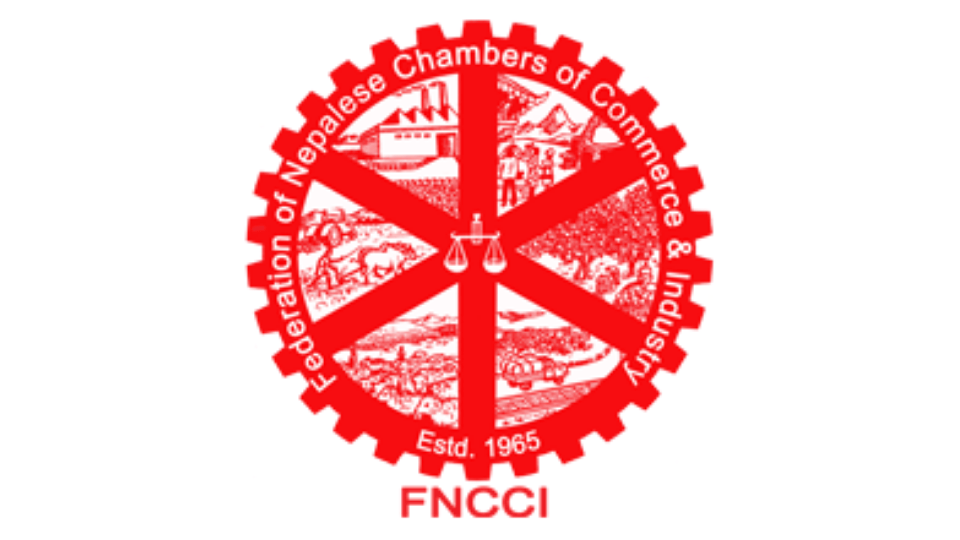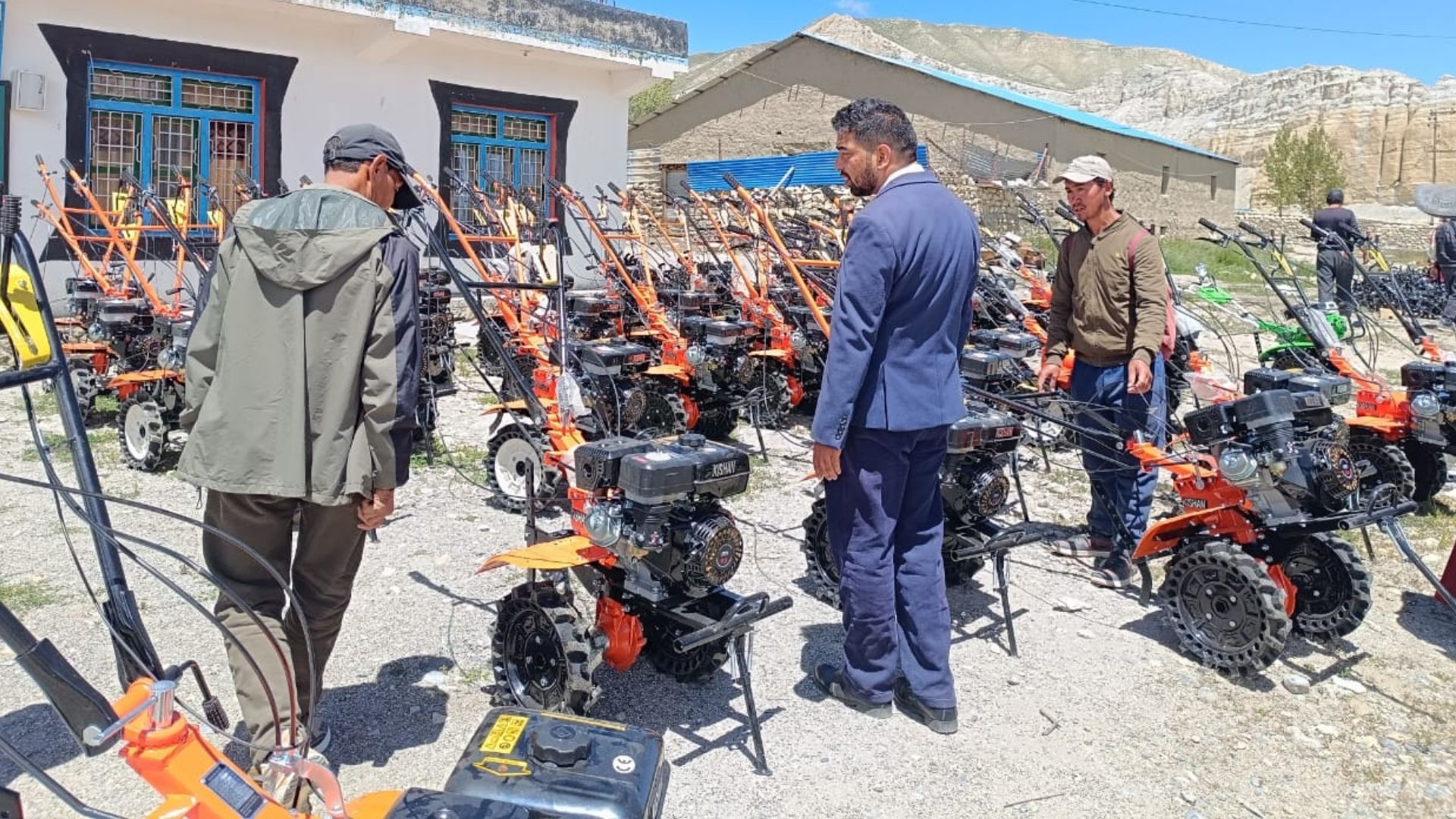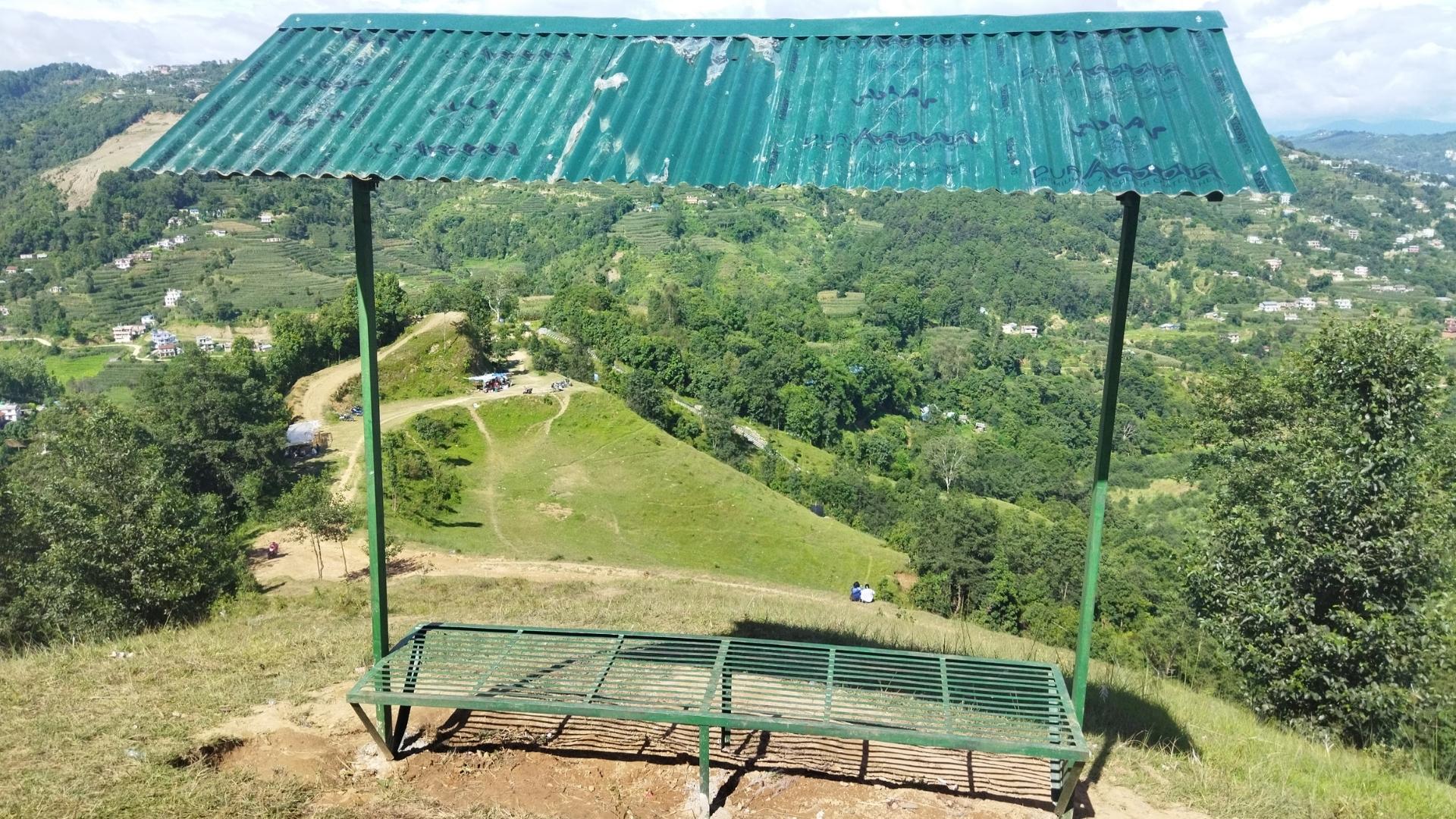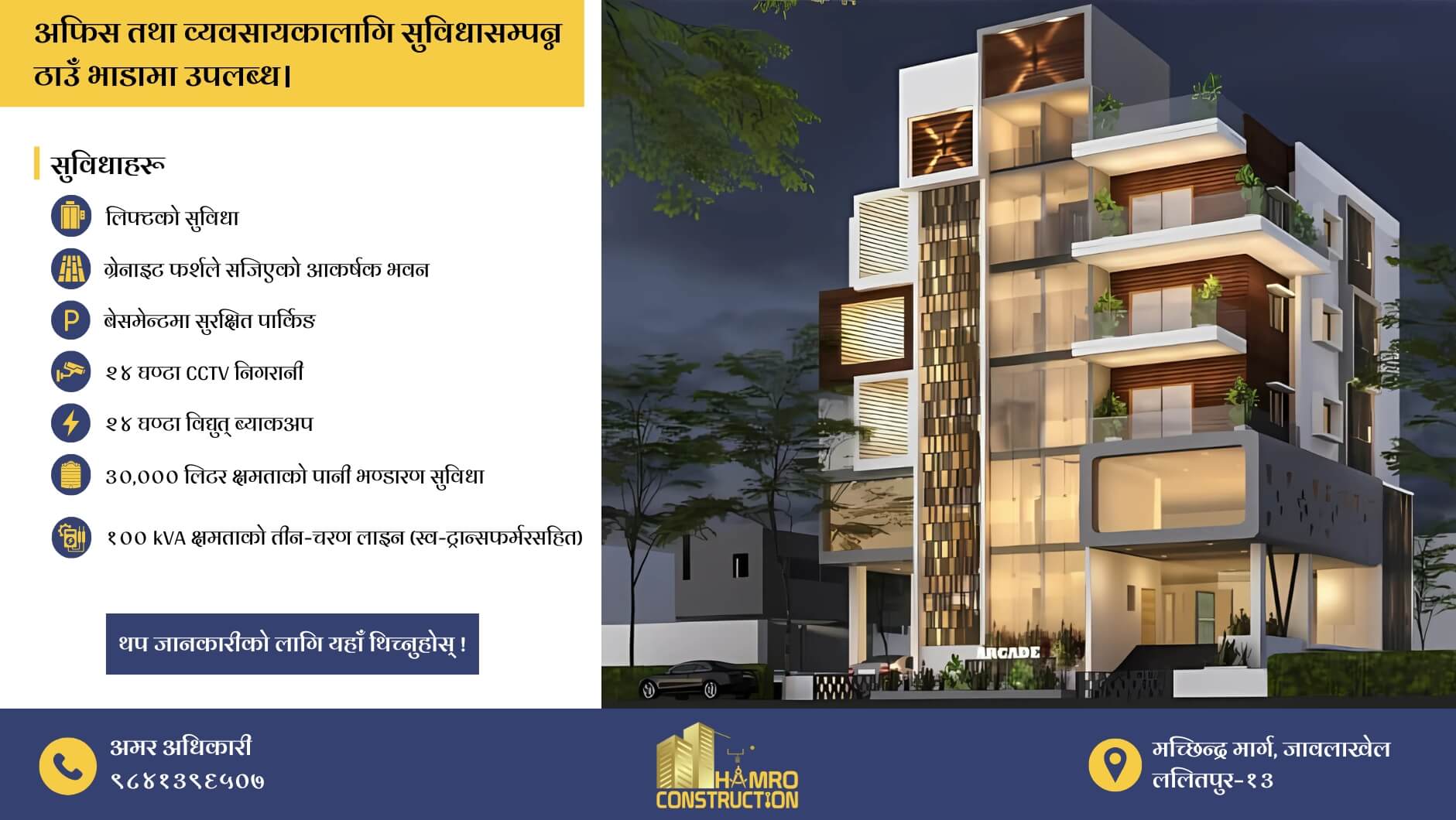FNCCI emphasized that the upcoming fiscal year’s budget must prioritize programs promoting entrepreneurship and increasing productivity. Speaking at the pre-budget interaction program organized on Sunday, Baisakh 28, in Kathmandu, FNCCI urged the government to bring a budget that ensures social justice, expands an open economy, promotes the private sector, drives structural reform, improves governance, and ensures the effectiveness of capital expenditure.
During the event, FNCCI President Chandra Prasad Dhakal made a special request to the government to introduce policies, programs, and a budget that boost private sector confidence. Presenting the findings of nationwide studies conducted by FNCCI, he identified policy instability as the main obstacle to industrial and business expansion. He noted that while political stability may be lacking, economic progress is still possible through policy consistency. Dhakal highlighted that the private sector handles 81 percent of the country’s economy and 86 percent of employment, stressing the need for formal recognition and respect for this sector.
Declaring the coming year as a ‘Decade of Investment,’ FNCCI called on the government to launch a nationwide initiative for economic revival. In this context, FNCCI proposed reforms in laws related to land, forests, environment, public procurement, minerals, and hydropower. It also recommended the introduction of a unified investment law and the merger of the Investment Board and Department of Industry into a powerful body. While thanking the government for recently amending laws on investment promotion, governance, and public service reform, Dhakal emphasized the need for greater policy transparency and business security.
To promote startups and small and medium enterprises (SMEs), FNCCI proposed launching the ‘100 Startups, 100 Investors’ campaign and extending the current five-year tax exemption period for startups. Highlighting the importance of expanding SMEs, the federation recommended easier access to concessional loans, provision of technical advisory services, simplification of online registration processes, and establishment of ‘Startup Growth Centers’ in all provinces in partnership with the private sector.
In a similar pre-budget interaction on Baisakh 20, FNCCI Senior Vice President Anjan Shrestha had also stated that despite their significant contribution to Nepal’s economy, SMEs have not received adequate support, resulting in negative impacts on production and employment. He emphasized the need for accessible credit, loan renewal, and restructuring mechanisms, expecting these issues to be addressed in the upcoming budget. Shrestha also pointed out that over 40 percent of Nepal’s economy remains informal and advised the government to take effective measures to formalize it.
Industrialists and entrepreneurs stressed that the budget must prioritize reducing general expenditures and increasing development expenditures, along with programs that boost citizens’ purchasing power and entrepreneurs’ production and productivity. They demanded that industries in manufacturing, tourism, and services that create more than 100 jobs be declared ‘Employment Champions’ and granted at least a 40 percent income tax exemption.
FNCCI also proposed launching special programs targeting industries from the Indian border to the Chure foothills under the Industrial Corridor Program and implementing the concept of open Special Economic Zones (SEZs).
To achieve self-sufficiency in agriculture, FNCCI stressed launching an ‘Agricultural Revolution’ campaign and shifting from subsidy-based to business-oriented programs. It recommended launching a ‘From Farm to the Gulf’ initiative to promote exports of agricultural products to Gulf countries. For this, it emphasized the need to provide cold storage, warehouses, and X-ray facilities at airports, and to formulate policies to promote the export of Himalayan water. The federation also proposed forming companies in partnership with local governments and entrepreneurs to manage storage, market organization, and transportation of agricultural and non-agricultural products produced at the local level.
To promote wedding and conference tourism, FNCCI urged the government to introduce tax exemption policies for hotels and educational institutions in hill-station areas. It also proposed reducing the corporate income tax rate for productive industries by five percent for the next five years, offering tax exemptions on reinvestment, increasing the personal income tax threshold, and abolishing the advance income tax system.
FNCCI also stressed the need for stability in revenue policy through the implementation of a unified revenue code, introduction of an umbrella law for non-tax revenues, and a clear policy to encourage private sector investment in import substitution. It further proposed the establishment of joint patrols in border areas to control illegal trade.
In the energy sector, FNCCI urged the government to strengthen the private sector’s role in energy exports, prevent load-shedding in industrial zones, and encourage private investment in alternative energy production. It called for improving energy transmission and distribution systems and establishing energy collection and distribution companies in partnership with the private sector.
For promoting information technology, FNCCI suggested encouraging the use of Nepali software in public and private institutions and providing necessary support for the private sector to establish ICT malls.
FNCCI’s proposals are expected to form a long-term foundation for increasing national production and exports, achieving self-reliance, and formalizing the informal economy. The federation concluded that only if the upcoming budget embraces these recommendations and accepts the private sector as a partner can meaningful transformation in the national economy be realized.















